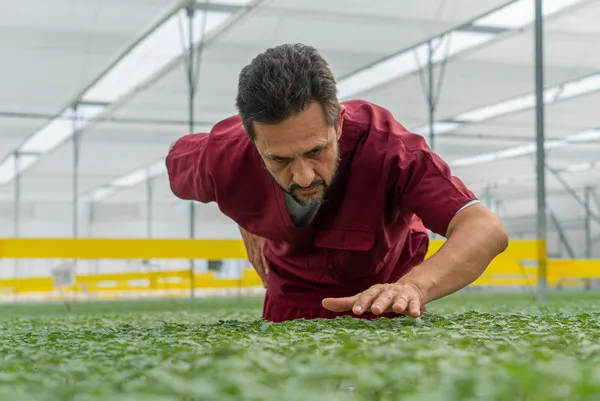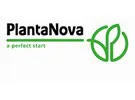Sustainability is a topic that every day is gaining more and more importance and interest in different industries and sectors, and the horticulture industry is definitely not the exception. An example of this is Plantanova, a producer of grafted seedlings for tomatoes, peppers, watermelons, and melons.
Defining sustainability
Sustainability can be defined as the purpose of finding a balance between the environment and the use of natural resources. In other words, sustainability is a way of working that seeks to care for the environment, deliver quality products or services, and achieve social, economic, and labor improvement.
For Pharis Rico, general manager of Plantanova, a high-tech operation of 2.5 hectares, sustainability is "the ability to combine in an economically profitable way what is best for people, for the planet, and for the customers who consume or use the plants that we produce in our greenhouses".
Sustainability in the horticulture industry
Plantanova's facilities are located in the State of Michoacán, Mexico. For them, sustainability priorities are mainly expressed in two major areas. First, technology focused on enhancing the work capabilities of employees and, as a result, maximizing the performance of the greenhouse plants, and second the management and correct use of water.
"Water is the business, but it is also our community," says Pharis Rico.

In the last years, Plantanova has invested in 3 major activities:
- The electrical infrastructure and the gas distribution system were completely redesigned.
- The installation of a double climate screen system from Svensson, with Harmony light diffusion screens and Luxous energy screens inside the greenhouse. This created optimal light conditions for the plants inside the greenhouse and the double screen system has had a very important impact on the temperature and humidity, creating a very hospitable climate for people.
- Improvements in the work experience for employees. Plantanova offers a restaurant service where free and nutritious food is served to the 130 workers, in addition to a medical center that provides free medical care to all workers.
Positive results
Previously in the area where young plants were kept before being grafted, it was necessary to heat during the winter months, resulting in high energy consumption and costs. After the renovation of the heating infrastructure and the implementation of the Svensson double screen system, the heaters have not been switched on once during the whole season.
But along the way, Plantanova has also encountered challenges; "the main challenge of sustainability is to understand the greenhouse as a system with different gears that must work in harmony to make the greenhouse an economically profitable and sustainable activity," says Pharis.
Finally, Pharis told us his advice for all growers looking to be more sustainable: "Sustainability is the future and not just something desirable to the environment, to people, to the community, and to your customers, what you give to the community and to the environment, you give it to yourself, and what you take away, you take it away from yourself."
For more information:
Plantanova
www.plantanova.com.mx
Ludvig Svensson [email protected] www.ludvigsvensson.com
[email protected] www.ludvigsvensson.com
